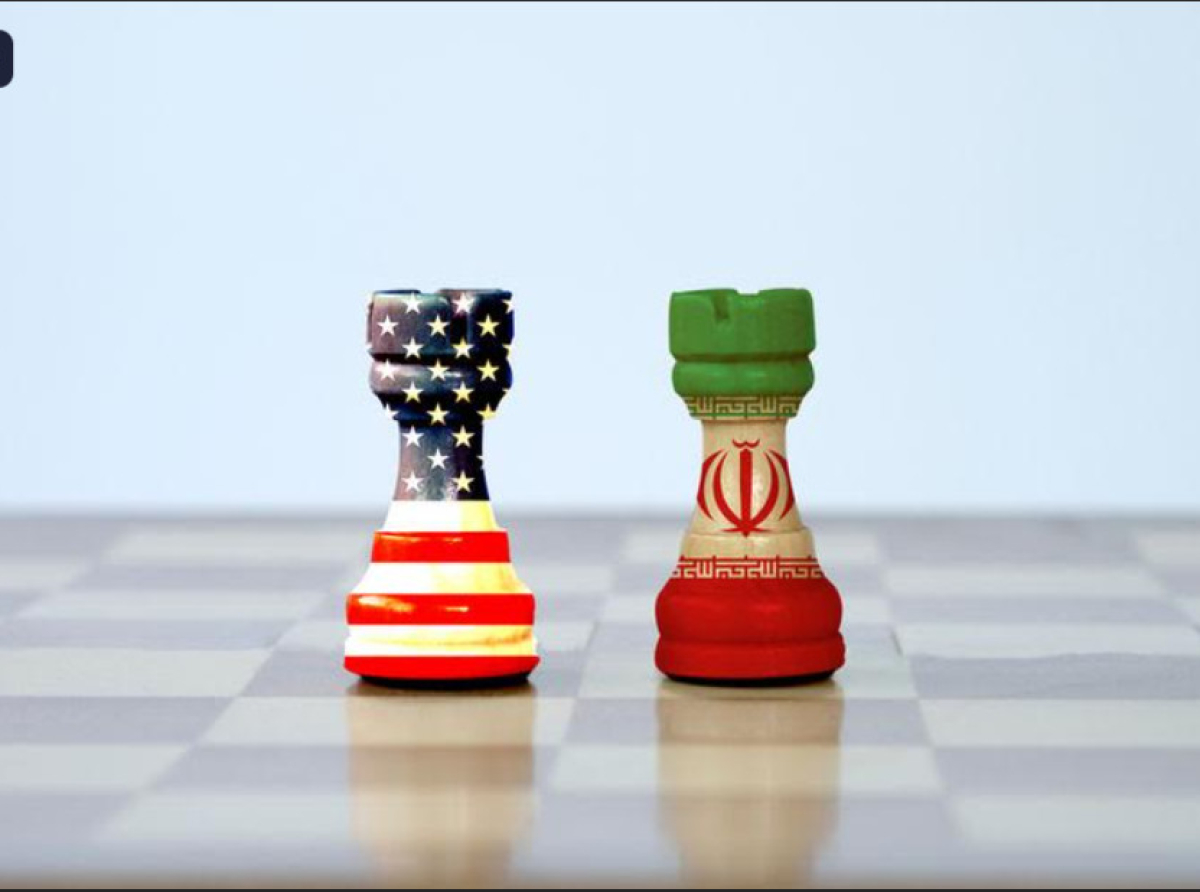Agreement
The indirect talks between Iran and the United States in Oman have been accompanied by
widespread domestic, regional, and international reactions; talks that many countries, domestic
and foreign figures, political analysts, and the media have cited as a promising path to reducing
tensions and political and economic openings.
The more than two-hour talks between senior Iranian and American officials, mediated by
Omani Foreign Minister Sayyed Badr al-Busaidi and exchanged written messages at his private
home , are the first round of talks between the two countries since the US withdrew from the
JCPOA. The talks are taking place despite the fact that the JCPOA and the US agree that the
content of the nuclear agreement cannot be implemented, yet the political, technical and legal
framework of the JCPOA is the basis for any agreement with a new timetable that all parties
desire.
Seyyed Abbas Araghchi, the Iranian Foreign Minister and head of the Iranian delegation in
Muscat, announced at the end of the talks on Saturday that in the next meeting we will enter into
the general framework that an agreement can have. He noted: "Of course, neither we nor the
other side want a fruitless negotiation, a dialogue for the sake of dialogue, a waste of time and
erosive negotiations at all. Both we and the American side want an agreement that can be
reached in the shortest possible time. But this will not be easy and requires full will from both
sides."
Seyyed Abbas Araghchi, the Iranian Foreign Minister and head of the Iranian delegation in
Muscat, announced at the end of the talks on Saturday that in the next meeting we will enter into
the general framework that an agreement can have. He noted: "Of course, neither we nor the
other side want a fruitless negotiation, a dialogue for the sake of dialogue, a waste of time and
erosive negotiations at all. Both we and the American side want an agreement that can be
reached in the shortest possible time. But this will not be easy and requires full will from both
sides."
Four groups in the world are categorically opposed to any negotiations between Iran and the
United States, and the Islamic Republic of Iran, which usually has objections to some aspects of
negotiations with the United States, is, by coincidence, none of these four groups, because the
opposition of these four groups is permanent and definite, but the opposition of the Islamic
Republic of Iran's ruling apparatus has been conditional and sometimes reversible. The first
group opposed to negotiations between the United States and Iran is the Zionist regime, headed
by Benjamin Netanyahu, who personally went to the White House in a last-ditch effort to
obstruct Trump's negotiations, but was not arrested. The second group is the monarchists,
subversives, and a small group of hypocrites, who consider any type of negotiations between Iran
and the United States to be detrimental to themselves and, instead of negotiations, demand a
military attack on Iran. The third group is Iran's regional rivals, especially Saudi Arabia, which
we saw during the JCPOA negotiations. The country's foreign minister went to the negotiations
and expressed concern about a possible agreement between Iran and the United States on the
same plane.
But the fourth group is not far away, this group is present in various internal structures and they
know that the Iran-US agreement can disrupt their business. The sanctions businessmen have
benefited from the sanctions for years and the sanctions have truly been a blessing for them, a
blessing they do not want to lose. The sanctions businessmen have learned the ways and
techniques of rent-seeking in these years and have become a mafia giant. This big mafia is the
main obstacle to the Iran-US negotiations these days, and it also has money, and these days we
are witnessing their movements and their spending money to stimulate public opinion and the
feelings of the faithful and revolutionary currents.
Translator: Faeghe Ebrahimpour

 En
En  Fa
Fa 